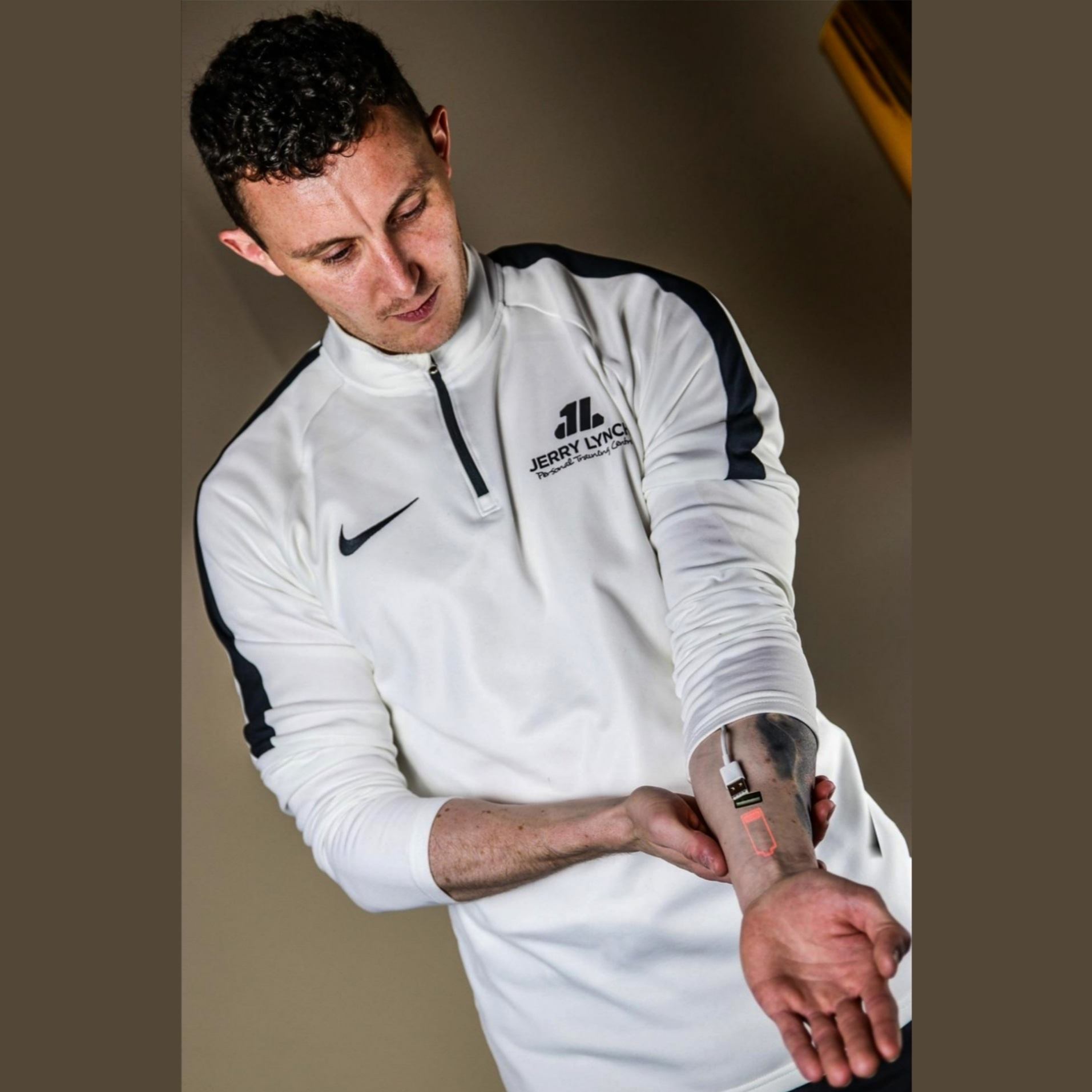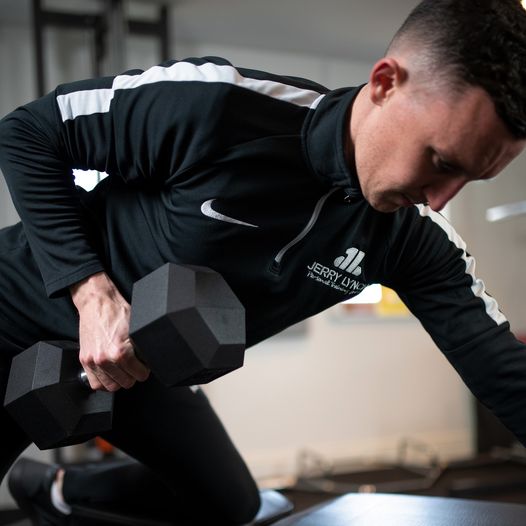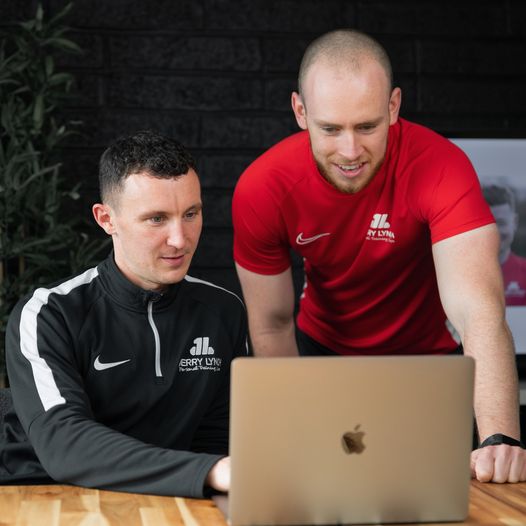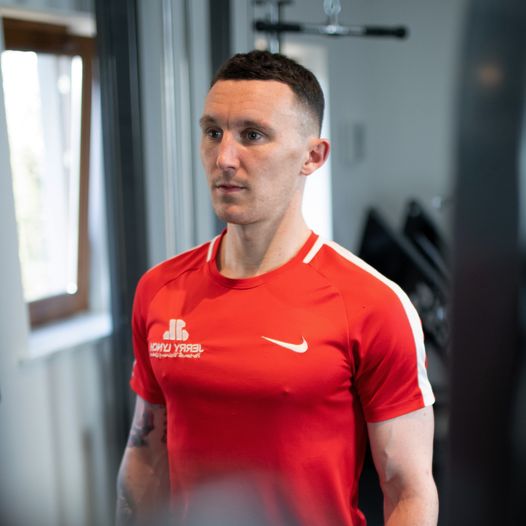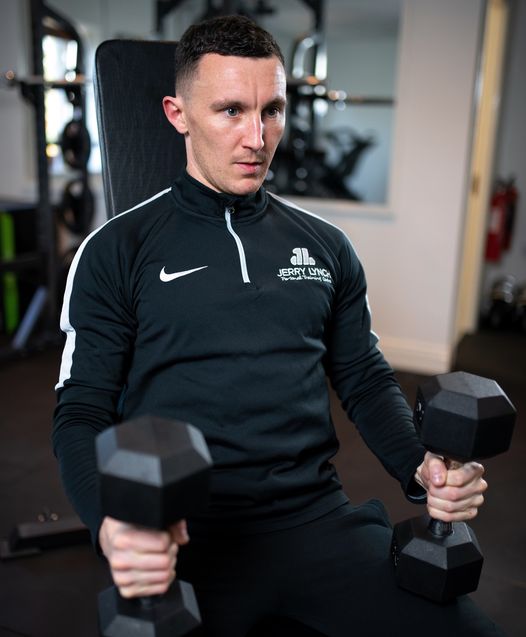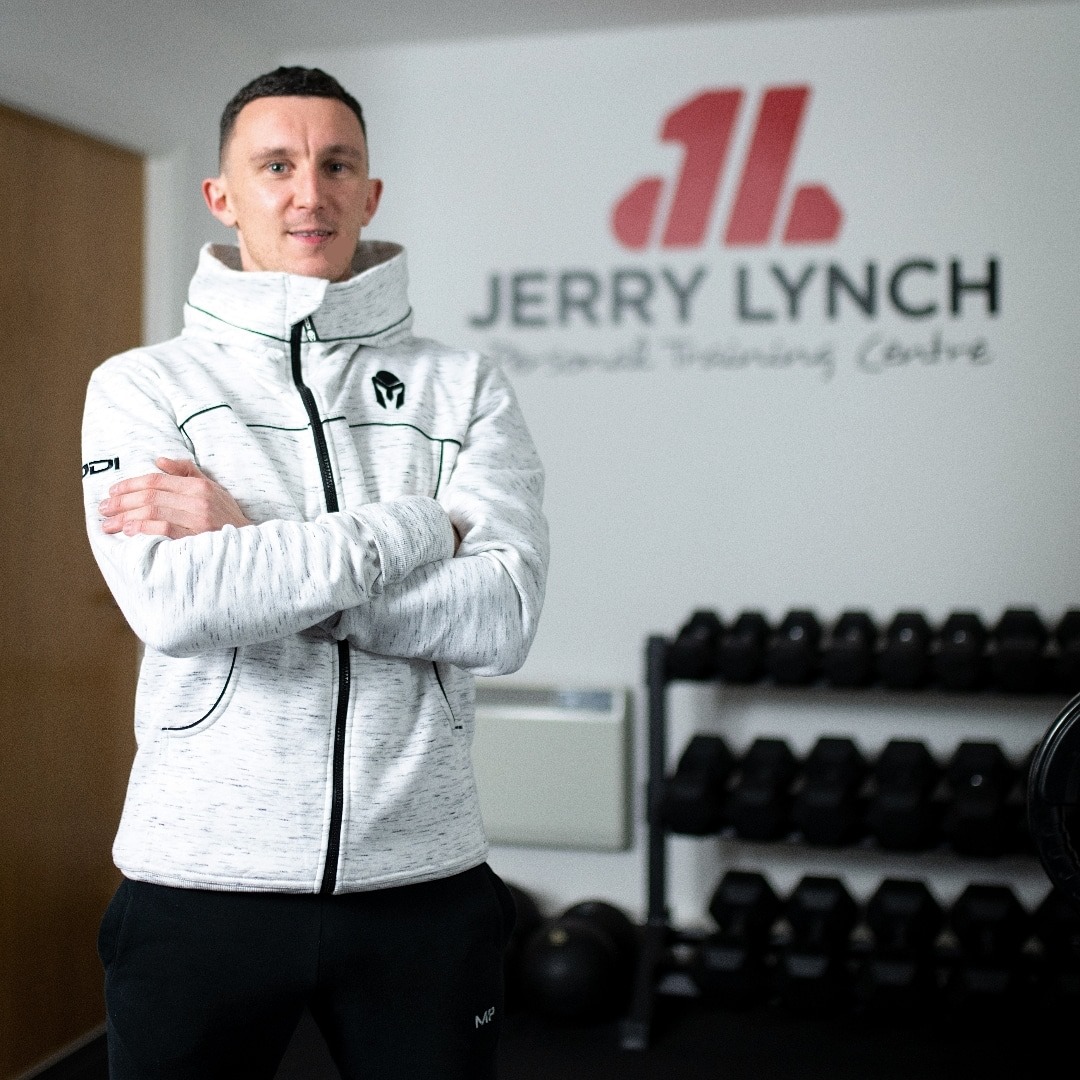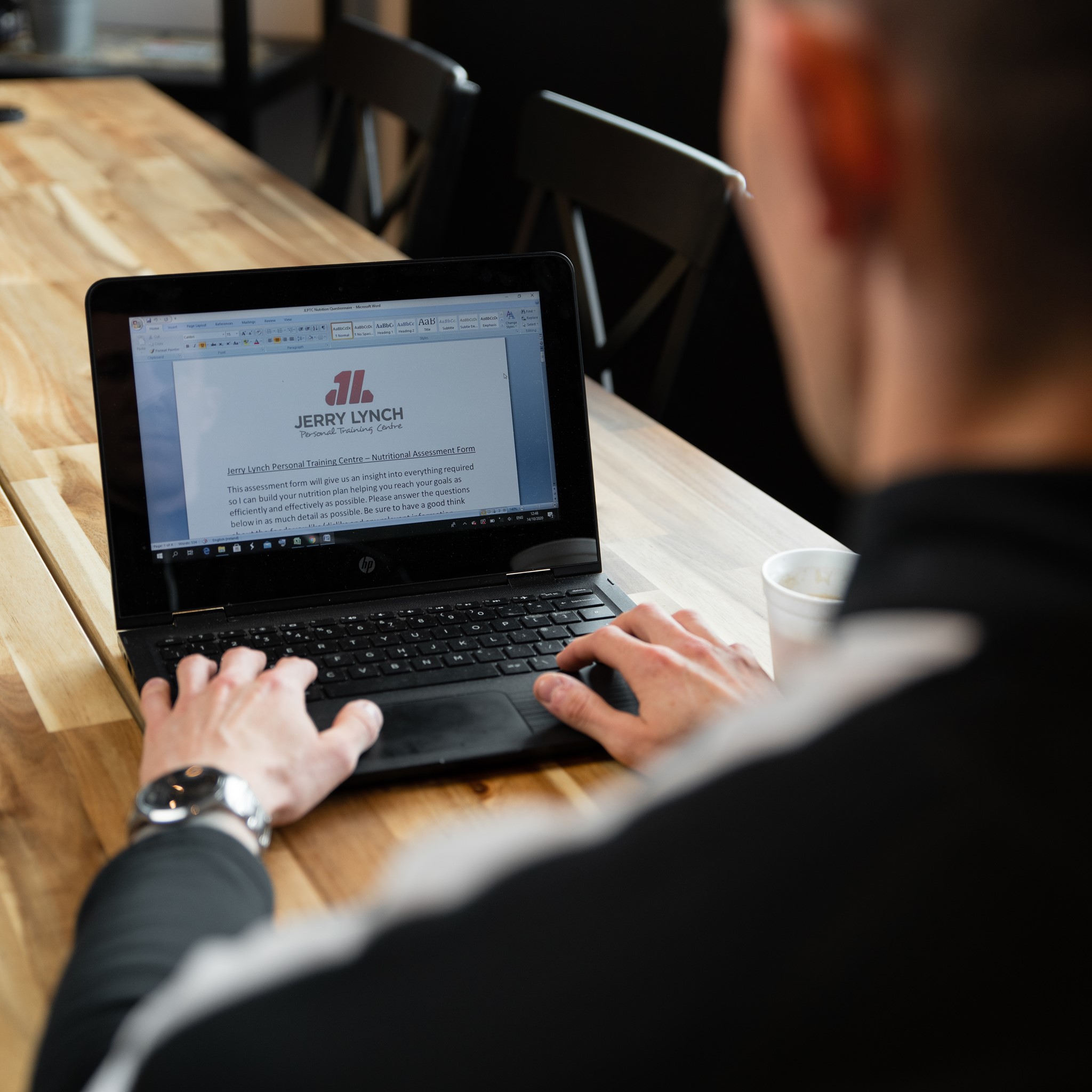When you look in the mirror, regardless of what you see, 𝒘𝒉𝒂𝒕 𝒅𝒐 𝒚𝒐𝒖 𝒉𝒆𝒂𝒓?
It’s vitally important how you speak to yourself and what you actually say, the word’s and language you use. In most cases, after we rise in the morning’s, our own reflection is the very first person we see before proceeding with our day.
Your thought’s and belief’s are powerful and impactful. Your opinion’s of yourself are vitally impactful and they set the foundation’s of your mindset and mood as you begin your day. As you catch yourself in the mirror you naturally have the ability to influence your self worth, your confidence, your awareness and your contentment and overall, general happiness.
If you approach this instance with negative thought’s, negative word’s, in essence putting yourself down, 𝘆𝗼𝘂 𝘄𝗶𝗹𝗹 𝗯𝗲𝗴𝗶𝗻 𝘁𝗼 𝗯𝗲𝗹𝗶𝗲𝘃𝗲 𝗶𝘁. Eg. If you tell yourself enough time’s that your not worthy or a lousy friend or colleague or you’re doing a terrible job at home-schooling and letting your children down, you’ll believe it and punish yourself as a result. When in truth, you don’t truly believe this but you’ve convinced yourself otherwise.
Flip this on it’s head. It’s not what you’re looking at it, it’s how you’re looking at it. Change the lens you’re looking through. You would naturally encourage, support, uplift, inspire and raise the spirits of those around you – why would you not take the same approach with yourself? We speak to ourselves more than any other person in our lives. Remember (and implement) the following:
Self Acceptance – The Good, The Bad & The Ugly.
Less Judgement – stop over analysing every little action, every decision. Go with your gut. Be selfish at times.
Shift your Focus – not easy. To begin with, for everytime you criticise yourself, compliment yourself. Until eventually, you’ll be speaking to yourself in a more positive, uplifting, supportive manner.
Stay safe! ![]()
![]()
#jlynchpt #jlynchptcentre

